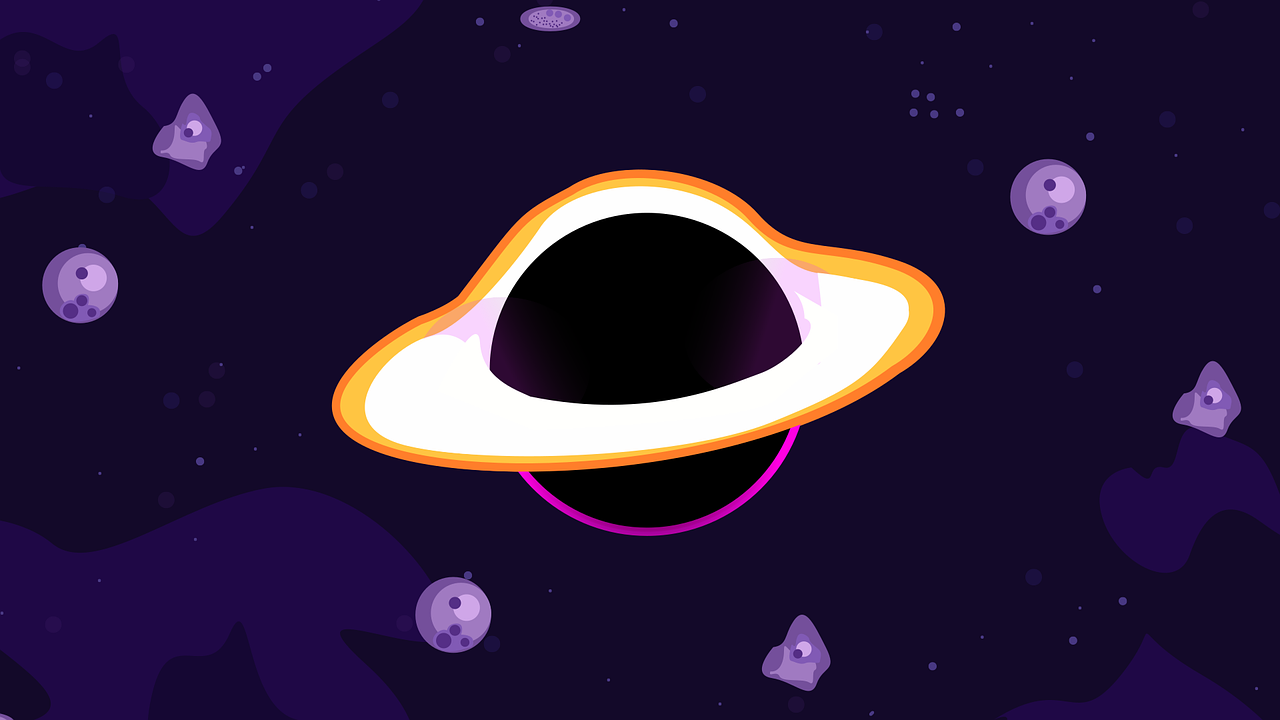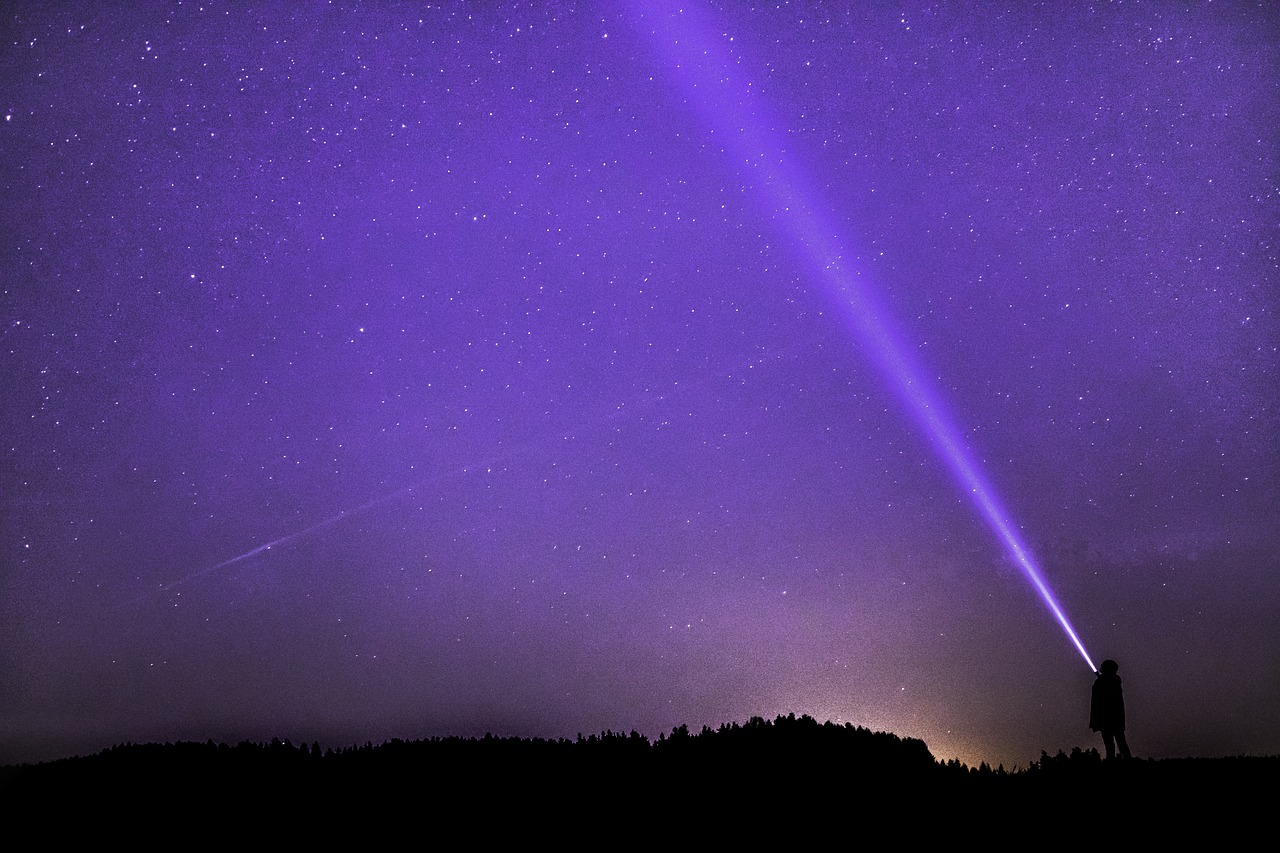Black Holes: Cosmic Gateways, Time Warps, and the Edge of Reality

Black holes are one of the biggest mysteries of the universe. Not only do they challenge our understanding of physics, but they also push the limits of what we know already.
Let’s talk about what a black hole is. A black hole is a region in space, where gravity is so strong that nothing can escape its pull, including light. It’s like a very strong vacuum cleaner that does not stop swallowing. This happens due to the fact that it is a very large mass in a very small amount of space, creating a very strong gravitational field.
Their formation is also a very interesting process. It usually happens when huge stars reach the end of their life cycle. When nuclear fusion stops — the energy produced by the fusion of hydrogen and helium — this energy, which causes an outward pressure balancing gravity, disappears. The star’s core then collapses under its own gravity, bringing its whole mass into a very small space. When this core is massive enough, it collapses to a point of infinite density, creating a black hole.
One of the key parts of a black hole is the event horizon, which is a boundary surrounding the black hole. Anything that crosses the boundary cannot return and is trapped forever. Even light cannot escape beyond this point. You can check into a black hole (cross the event horizon), but you can never leave — unless you figure out how to break the laws of physics. The speed required to escape the event horizon is greater than the speed of light.
Next up, we have a singularity, which lies at the centre of the black hole. It is a point where gravity is infinite and spacetime curves infinitely. At this point, the laws of physics break down. The density is thought to be infinite and our current understanding of physics cannot explain what goes down in this singularity.
Lastly, we have the accretion disk. Before material falls into the black hole, it forms a spinning disk of superheated gas and dust around the event horizon, as we see in the movie Interstellar. This is known as the accretion disk. It emits X-rays and other forms of radiation, making black holes detectable.
As an object approaches a black hole, it faces extreme effects due to its infinite gravity. According to Einstein's theory of relativity, time slows down near a black hole due to its immense gravity. If you were to observe an astronaut falling into a black hole, to him, time would seem normal. However, to you, it would seem as if the astronaut was slowing down and would never reach the event horizon.
The second effect is spaghettification, which — as the name suggests — turns the object into spaghetti. If the astronaut fell feet first, the gravity at their feet would be much stronger. The difference in gravitational pull would stretch the astronaut into a spaghetti-like shape, eventually destroying them.
There are a few types of black holes, depending on their size:
- Stellar black holes: About 3–10 times the mass of the Sun.
- Supermassive black holes: Found at the center of galaxies like the Milky Way, millions or billions of times more massive than the Sun.
- Intermediate black holes: Between stellar and supermassive in size, likely formed in dense star clusters.
- Primordial black holes: Hypothetical black holes formed right after the Big Bang, possibly much more compact than stellar black holes.
Now, you might wonder — is there any way to escape a black hole besides breaking the laws of physics? Well, Stephen Hawking discovered something known as Hawking radiation, which causes black holes to evaporate. Small black holes can evaporate quickly, while large ones take far longer. Black holes don’t just swallow everything — they actually lose weight over time due to Hawking radiation. The slowest (and strangest) weight loss program in the universe!
One of the biggest unsolved mysteries in physics is the Black Hole Information Paradox. According to quantum mechanics, information cannot be destroyed — but if something falls into a black hole, it seems to disappear completely. Scientists are still trying to figure out whether information somehow escapes.
Black holes have infinite possibilities. Could they be portals to other universes? Can we create them on Earth? Can black holes explode? Are there ways to travel through a black hole? Do white holes exist? These mysteries remain unsolved and are yet to be studied.
Similar Post You May Like
-

CFCs, HFCs and their long, troubled history
At its peak, the ozone hole covered an area 7 times larger than the size of Europe, around 29.9 million km2, and was rapidly expanding
-

The Origin of Universe: Deciding point where it all began!
Let us unravel and surf through the ideas throughout ages to understand what the universe and its origin itself was to its inhabitants across history.
-

The Artemis Program
Inspired by the Greek goddess of the Moon, twin sister to Apollo, the artimis program was named on 14 May 2019 by Jim Bridenstine.






